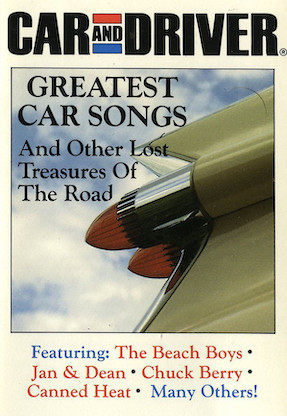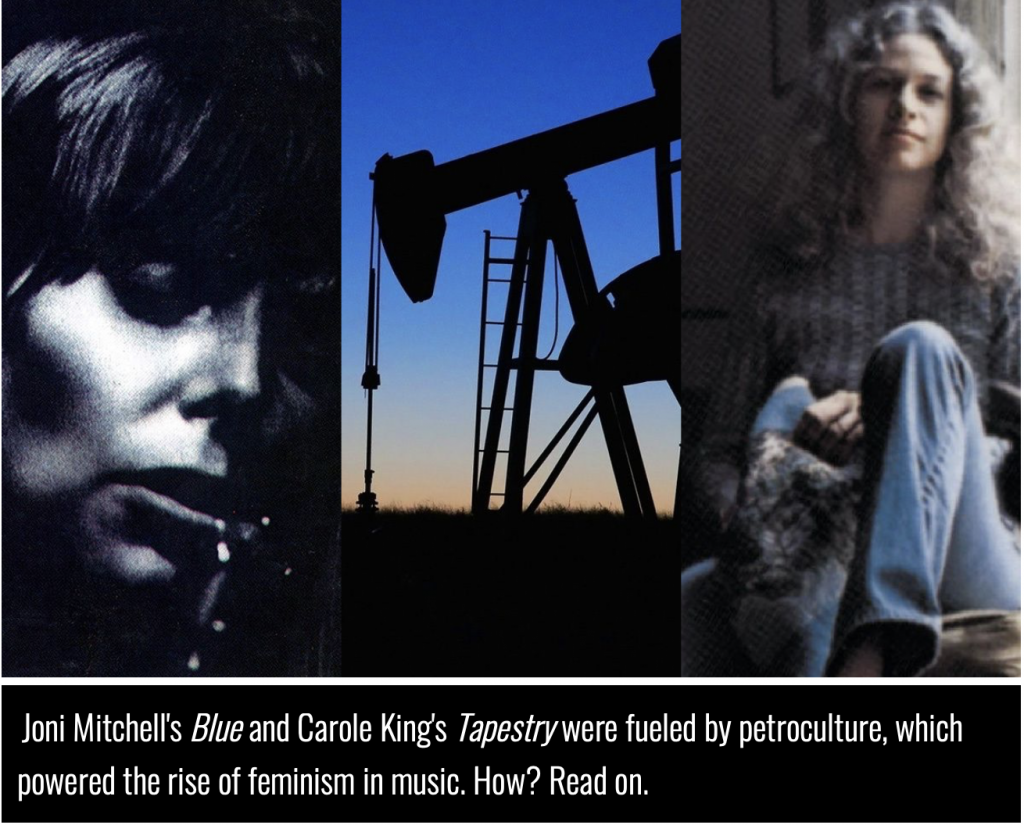
A topic that often finds its way into car journals, blogs, and online automotive publications is the “car song.” Auto journalists and enthusiasts of a certain age frequently call upon the classic car song as a way to reminisce about the past. As popular music is often referred to as the song track of one’s life, car tunes – whether in reference to music emanating from the car or about the car itself – bring back particular memories of an automobile and the life experiences surrounding it.
I recently came across such an article by car blogger Jim Van Orden on the popular automotive website hemmings.com. In “Car Tunes of My Youth,” Van Orden intertwines stories of the songs that accompanied family road trips, car advertising tunes on the radio and television, popular car songs of the day, and the memories each of these car tunes evoked. The article is followed by a substantive comment section in which others passionately and often humorously contribute their own car tune memories.
What is notable about the proliferation of online articles devoted to the car song is that they are all written by – and addressed to – drivers of the male persuasion. Although young women during the 50s and 60s may not have owned their own vehicles, they certainly spent a good amount of time in automobiles with car songs and advertisements playing on the radio. So why are women less inclined to call upon the car song as a link to the past? Is it because they were not all that interested in cars? Or was it because, as written from a male perspective, the songs did not reflect women’s unique automotive experiences?
I addressed the second part of this question a few years ago in a journal article focusing on the woman’s car song. In “Born to Take the Highway: Women, the Automobile, and Rock ‘n Roll,” I argue that once women became more accepted as singer/songwriters in the music industry, they began writing a very different kind of car song. While the car songs of the 50s and 60s were almost exclusively focused on the automobile as an important contributor to the male teenager’s rite of passage – promoting good times, adventure, liberation from restrictive home environments, and sex – the women’s car song of the 70s and beyond called upon the automobile as a vehicle of freedom, escape, recollection, rebellion, and empowerment. While the singular male focus of the classic car song may be responsible for women’s indifference to it, the rise of the women’s car song suggests not only that the automobile serves as musical inspiration for women as well as men, but that cars have an importance to women’s lives that is different from, but no less legitimate than, that of the male driver.
Which leads back to the first question regarding whether women, in fact, have an interest in cars. As I have discovered in my own research, a good many women – more than is commonly believed – have an interest, if not a passion, for the automobile. The ability to write and sing about it provides an opportunity for women’s car songs – and women’s voices – to be heard.
Lezotte, Chris. “Born to Take the Highway: Women, the Automobile, and Rock ‘n’ Roll.” The Journal of American Culture 36.3 (2013): 161-176.
Do you have a favorite car song? What is it and what do you like about it? Feel free to comment below.
